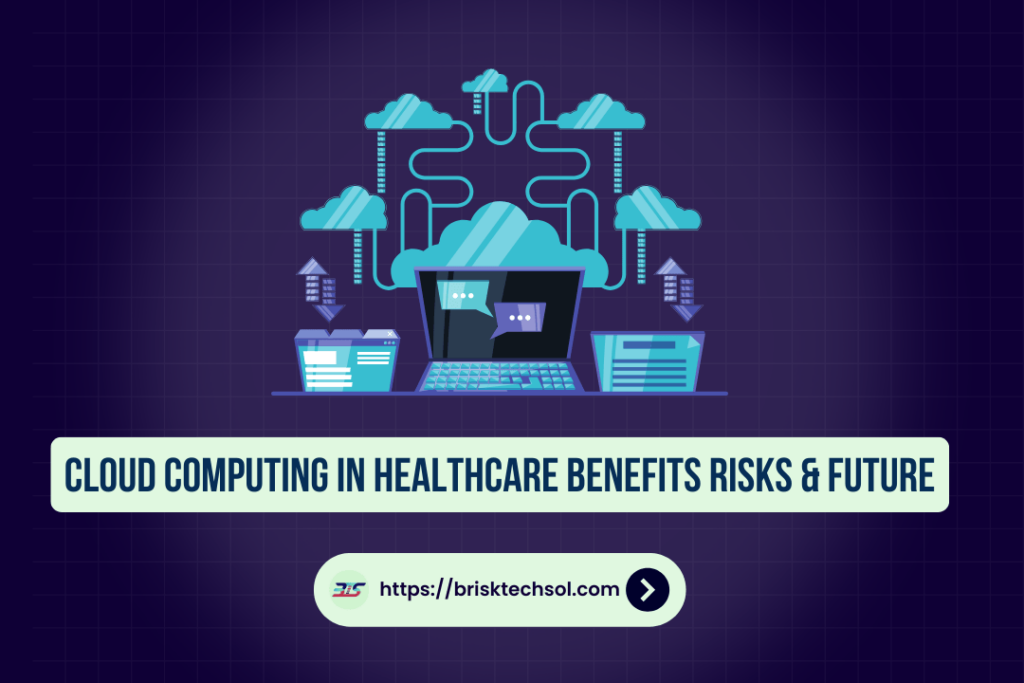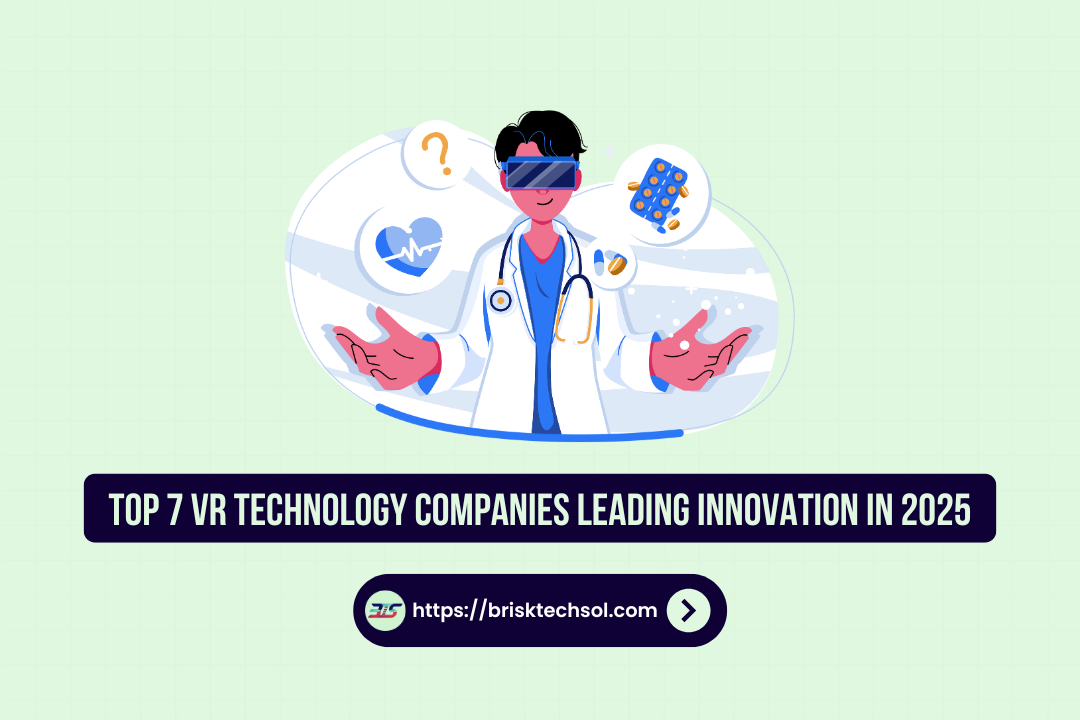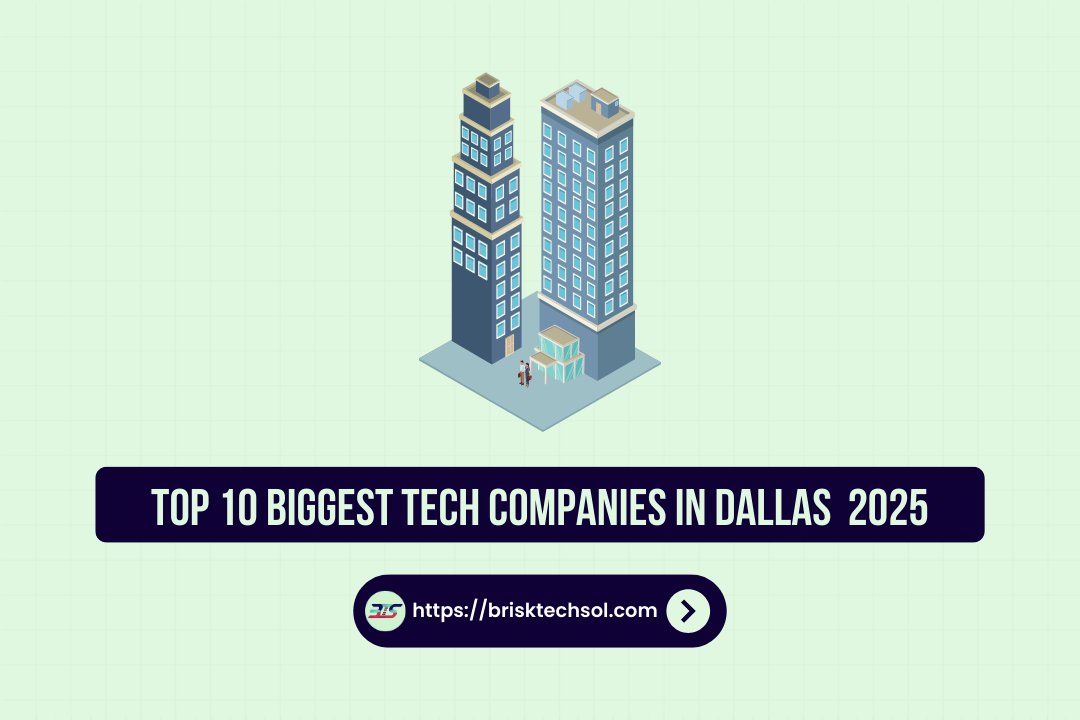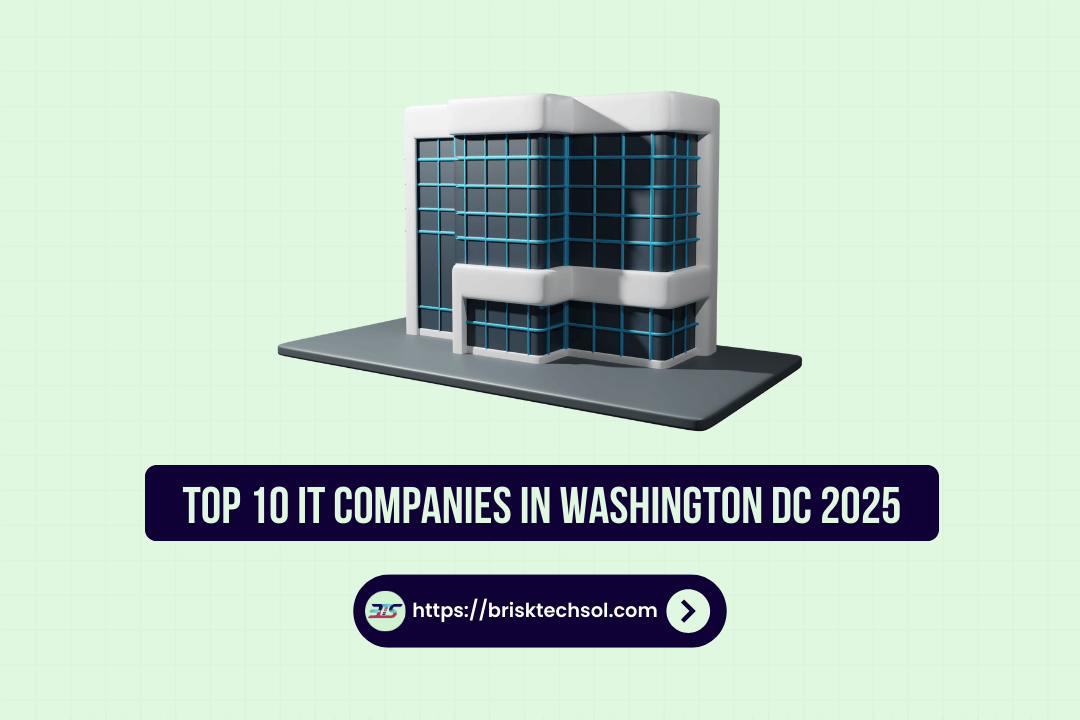Cloud computing is changing the way healthcare works, making it easier for doctors to access patient records, collaborate, and use AI for faster diagnoses. It cuts costs, improves efficiency, and supports telemedicine and remote monitoring. While it offers many benefits, challenges like data security and privacy regulations must be carefully managed for safe and effective use.
What is Cloud Computing in Healthcare?
Cloud computing in healthcare refers to the use of remote servers to store, manage, and process medical data. Instead of relying on traditional on-premise data centers, healthcare organizations leverage cloud platforms to access patient records, run analytics, and improve interoperability among medical institutions.
Types of Cloud Service Models in Healthcare:
- Infrastructure as a Service (IaaS) – Provides virtualized computing resources, allowing hospitals to scale their IT infrastructure without maintaining physical hardware.
- Platform as a Service (PaaS) – Offers cloud-based platforms for developing and deploying healthcare applications.
- Software as a Service (SaaS) – Delivers cloud-based healthcare applications such as Electronic Health Records (EHR) and telemedicine platforms.
Types of Cloud Service Models in Healthcare
| Model | Description | Example in Healthcare |
|---|---|---|
| IaaS (Infrastructure-as-a-Service) | Provides virtualized computing resources over the internet. | Hospitals using cloud-based storage for medical images. |
| PaaS (Platform-as-a-Service) | Developers build healthcare applications without managing underlying infrastructure. | AI-based diagnostic platforms. |
| SaaS (Software-as-a-Service) | Software applications are hosted on the cloud and accessed online. | Cloud-based EHR systems like Epic or Cerner. |
Benefits of Cloud Computing in Healthcare
1. Improved Data Accessibility
Cloud-based healthcare systems allow medical professionals to access patient records anytime, anywhere. This accessibility enhances remote patient monitoring, telemedicine, and emergency care. Doctors can retrieve patient histories instantly, enabling faster and more accurate diagnoses.
2. Cost Efficiency
Traditional IT infrastructures require substantial investments in hardware, maintenance, and security. Cloud computing reduces these expenses by eliminating the need for physical data centers. Healthcare providers only pay for the storage and computing power they use, making cloud adoption cost-effective.
3. Scalability and Flexibility
As patient data grows, healthcare institutions need more storage and computing power. Cloud computing provides the flexibility to scale resources up or down based on demand. This adaptability ensures smooth operations without unnecessary infrastructure costs.
4. Enhanced Interoperability
One of the biggest challenges in healthcare is data fragmentation across different systems. Cloud computing enables seamless data sharing among hospitals, clinics, and laboratories. This interoperability improves coordination between healthcare providers, leading to better patient care.
5. AI and Big Data Integration
Cloud platforms support artificial intelligence (AI) and big data analytics, allowing healthcare providers to gain valuable insights. AI-powered cloud solutions help with disease detection, predictive analytics, and personalized treatment plans. For example, AI-driven image recognition assists radiologists in detecting abnormalities in medical scans.
Challenges and Risks of Cloud Computing in Healthcare
1. Data Security & Privacy Risks
With large volumes of sensitive patient data stored in the cloud, security is a top concern. Cyber threats such as ransomware attacks and data breaches pose significant risks. Healthcare providers must implement robust encryption and access control measures to protect patient records.
2. Regulatory Compliance (HIPAA & GDPR)
Healthcare organizations must comply with strict regulations such as the Health Insurance Portability and Accountability Act (HIPAA) in the U.S. and General Data Protection Regulation (GDPR) in Europe. Cloud providers must meet these compliance standards to ensure patient data is protected.
3. Downtime & Reliability Issues
Cloud service outages can disrupt healthcare operations, delaying access to critical patient data. Hospitals must have backup systems and contingency plans to minimize downtime and maintain continuity of care.
4. Integration with Legacy Systems
Many healthcare institutions still rely on outdated IT infrastructures. Transitioning to cloud-based systems requires careful planning to ensure compatibility with legacy applications and minimize disruptions.
How Cloud Computing Supports Telemedicine & Remote Monitoring
1. Growth of Telemedicine
Telemedicine has surged in popularity, especially during the COVID-19 pandemic. Cloud-based video conferencing platforms enable doctors to conduct virtual consultations, reducing the need for in-person visits. Patients in remote areas benefit from faster access to specialists.
2. Wearable Devices & IoT Integration
Internet of Things (IoT) devices, such as smartwatches and wearable health monitors, collect real-time patient data. Cloud platforms analyze this data and alert healthcare providers if any irregularities are detected, enabling proactive interventions.
3. AI-Powered Diagnostics in the Cloud
Cloud-based AI models assist in medical imaging and diagnostics. For instance, AI algorithms can detect early signs of diseases like cancer or heart conditions from radiology scans. These AI-driven insights improve accuracy and speed up the diagnostic process.
Case Study: Cloud-Powered Telemedicine
Mayo Clinic, a leading healthcare institution, uses cloud-based AI tools to accelerate stroke diagnosis. By leveraging cloud computing, the hospital has reduced diagnostic time by 30%, allowing for faster treatment decisions and improved patient outcomes.
Top Cloud Computing Providers for Healthcare
| Provider | Key Features | Healthcare Use Case |
|---|---|---|
| AWS for Healthcare | Secure cloud storage, AI-powered analytics | HIPAA-compliant patient data storage |
| Google Cloud Healthcare API | AI-driven medical insights, FHIR compliance | Data interoperability & research |
| Microsoft Azure Health | Machine learning, cybersecurity tools | Hospital data management |
| IBM Cloud for Medical Solutions | Blockchain-based security, AI integration | Data security & fraud prevention |
These providers offer advanced cloud solutions tailored for healthcare, ensuring compliance, security, and high performance.
Future of Cloud Computing in Healthcare
1. AI & Machine Learning Integration
Cloud computing will continue to enhance AI-powered healthcare solutions. Predictive analytics will help detect diseases earlier, and machine learning algorithms will improve treatment recommendations.
2. Quantum Computing Potential
Quantum computing has the potential to transform medical research by enabling faster drug discovery and genome sequencing. When combined with cloud platforms, it could lead to breakthrough advancements in personalized medicine.
3. Blockchain for Data Security
Blockchain technology will improve data integrity and prevent unauthorized access to medical records. It provides a decentralized, tamper-proof ledger for patient data, ensuring transparency and security.
4. Predictive Healthcare Models
Cloud-powered AI models will predict disease outbreaks based on historical data and real-time health trends. This will enable governments and healthcare institutions to take proactive measures in public health planning.
Key Takeaways:
- Enhanced Data Accessibility – Cloud computing allows healthcare providers to access patient records anytime, anywhere, improving remote monitoring and telemedicine.
- Cost Efficiency – Reduces IT infrastructure costs by eliminating the need for on-site data centers, offering a pay-as-you-go model.
- Scalability & Flexibility – Easily adjusts storage and computing power based on healthcare demands, ensuring seamless operations.
- Improved Interoperability – Enables seamless data sharing among hospitals, clinics, and laboratories, improving coordination and patient care.
- AI & Big Data Integration – Supports AI-powered diagnostics, predictive analytics, and personalized treatment plans.
- Data Security Challenges – Cyber threats and data breaches remain major concerns, requiring strong encryption and compliance with regulations like HIPAA and GDPR.
- Supports Telemedicine Growth – Enables cloud-based video consultations, remote patient monitoring, and AI-powered diagnostics.
- Leading Cloud Providers – AWS, Google Cloud, Microsoft Azure, and IBM Cloud offer secure, healthcare-specific cloud solutions.
- Future Innovations – AI, blockchain, quantum computing, and predictive healthcare models will further transform cloud-based healthcare.
FAQ’S
1. What are the biggest advantages of cloud computing in healthcare?
Cloud computing improves data accessibility, reduces IT costs, enhances interoperability, and enables AI-driven healthcare solutions.
2. How does cloud computing improve data security in hospitals?
Cloud providers implement encryption, multi-factor authentication, and blockchain security to protect patient records from cyber threats.
3. Is cloud computing HIPAA compliant?
Yes, but only if cloud providers meet HIPAA security and privacy requirements. Hospitals must choose HIPAA-compliant cloud services.
4. What is the role of AI in cloud-based healthcare?
AI helps analyze medical data, assists in diagnostics, and enables predictive analytics to improve patient care.
5. How does cloud computing reduce healthcare costs?
Cloud eliminates the need for expensive IT infrastructure, reducing operational expenses with pay-as-you-go pricing models.









